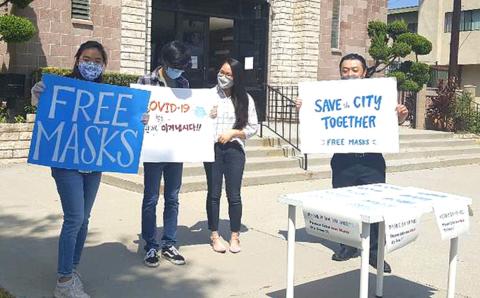Is abortion a non-negotiable factor in a Christian's voting?
When faced with important decisions, it’s good practice to think of all the relevant factors involved and then decide if there are any non-negotiable factors. The list of what constitutes a non-negotiable could vary, but, morally speaking, Christians have typically argued that murder (unjust killing), lying (unjust deception), and stealing (unjust taking) are non-negotiable as such.
But while moral principles are fairly clear, the application of moral principles to the ever-changing particulars of the world is less so. Murder is wrong, but what counts as murder? Abortion is a case in point. Some medieval Christians—including one saint—argued, using the best science of his day, that a fetus only attains the status of human after either the 40th day (boys) or 80th day (girls), and so aborting a fetus before then would be bad insofar as it disobeys God’s commandment to “go forth and multiply,” but it wouldn’t be murder—a non-negotiable.
The CRC’s position (using the best science of our day) is that a fetus, upon conception, is a human, but it denies that all abortion is murder. For example, letting the baby die to save the mother’s life might be considered just killing since when two innocent lives are in tension, we need to consider additional moral factors in order to make the right decision. For instance, to let the mother die might be to indirectly harm her husband or other children and so these factors, though secondary things, would still rule in favor of the mother over the baby when considering all the moral factors. Here the right decision isn’t what we call an ideal situation, but God only calls us to do what is right—we can do no more.
So Christians must decide if non-mother-saving abortion is a non-negotiable or simply a very important moral factor to consider when voting. Non-mother-saving abortions are likely murder, and so in its directness, seriousness, and widespreadness should probably be a non-negotiable for Christian support. But even if not, this issue, when pitted against capital punishment, for example, should be seen as more important, since murdering innocent babies is worse than killing an adult criminal; or again, supporting the direct murder of babies is worse than supporting, in the case of climate change, the (probable) indirect killing of innocents through pollution and coastal flooding.
About the Author
Adam Barkman is a professor of philosophy at Redeemer University College.







